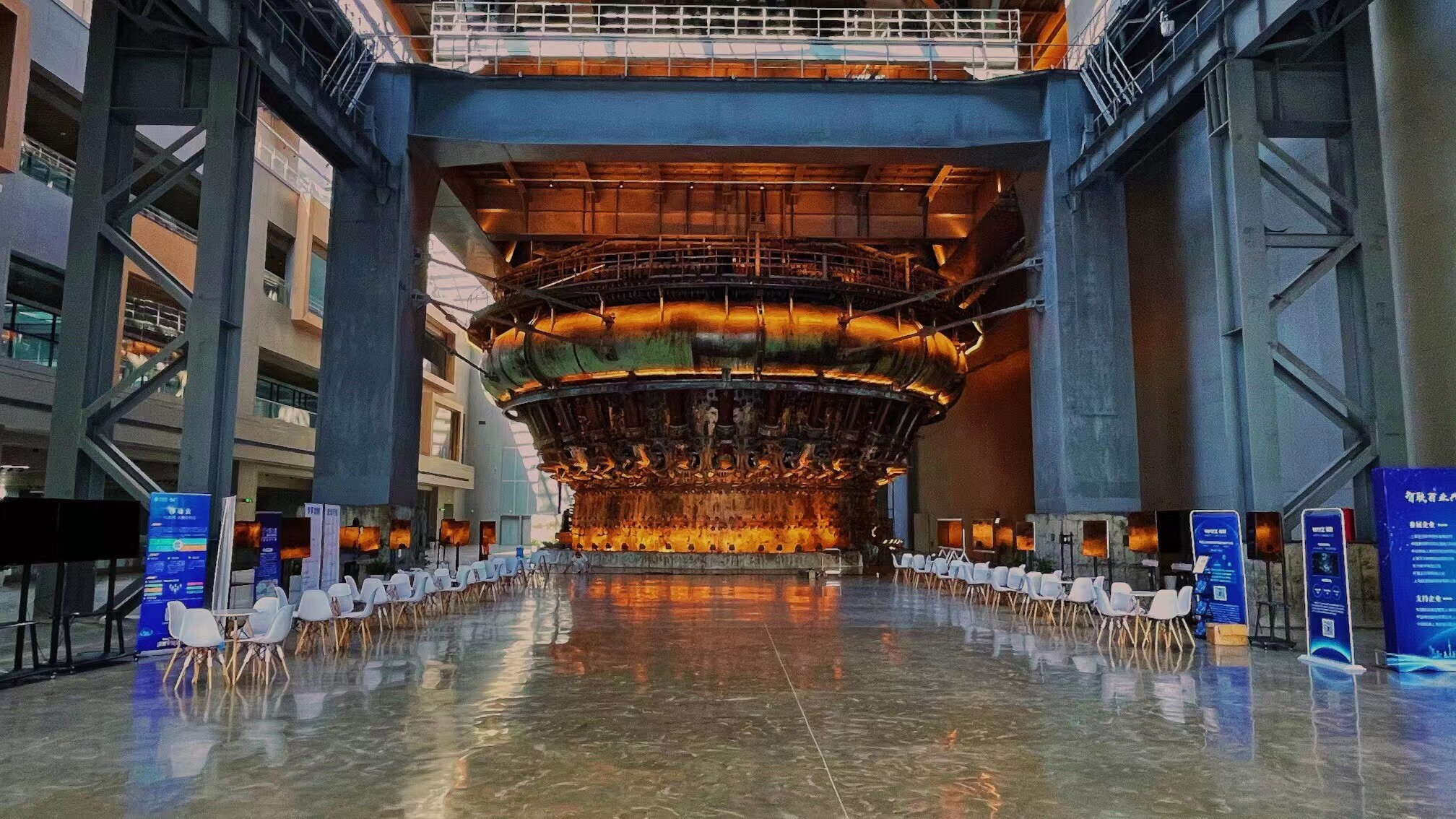
The Benefits of Iterative Advancements in Steel Production Technology
The ongoing iterative advancements in steel production technology are ushering in a multitude of benefits that span across efficiency, sustainability, and innovation. These advancements not only reshape the industry but also contribute significantly to global economic and environmental well-being.
1. Enhanced Efficiency: The latest steel-making processes are designed to streamline production, reducing costs and enhancing overall productivity. Techniques like hydrogen direct reduction iron (DRI) and blast furnace enrichment with hydrogen enable faster and more efficient iron ore reduction, minimizing energy consumption and waste.
2. Reduced Environmental Footprint: The quest for low-carbon steel production is a cornerstone of these iterations. By adopting hydrogen-based metallurgy and integrating renewable energy sources into hydrogen production, the steel industry is significantly reducing its carbon emissions. This transition towards greener manufacturing practices aligns with global efforts to mitigate climate change.
3. Increased Sustainability: The integration of renewable energy sources like solar and wind power into the steel production process promotes a circular economy. Green hydrogen production, fueled by these renewable resources, minimizes dependence on fossil fuels and reduces the industry's reliance on non-renewable resources.
4. Fostering Innovation: The pursuit of more efficient and sustainable steel production techniques spurs innovation across the entire supply chain. Research and development into new materials, processes, and technologies drive continuous improvement, leading to breakthroughs that can be applied to other industries as well.
5. Economic Benefits: The cost savings and productivity gains achieved through these technological advancements translate into significant economic benefits. Lower production costs make steel more competitive in global markets, while the adoption of sustainable practices can attract investors and customers seeking environmentally responsible products.
6. Job Creation and Skills Development: The transition to new steel-making technologies often requires specialized skills and expertise. This creates opportunities for job training and upskilling, ensuring that the workforce remains relevant and adaptable in a rapidly evolving industry.
In summary, the iterative advancements in steel production technology are transforming the industry for the better, delivering a range of benefits that encompass enhanced efficiency, reduced environmental impact, increased sustainability, fostered innovation, economic gains, and job creation.
Leave A Message
If you are interested in our products and want to know more details, please leave a message here, we will reply you as soon as we can.
